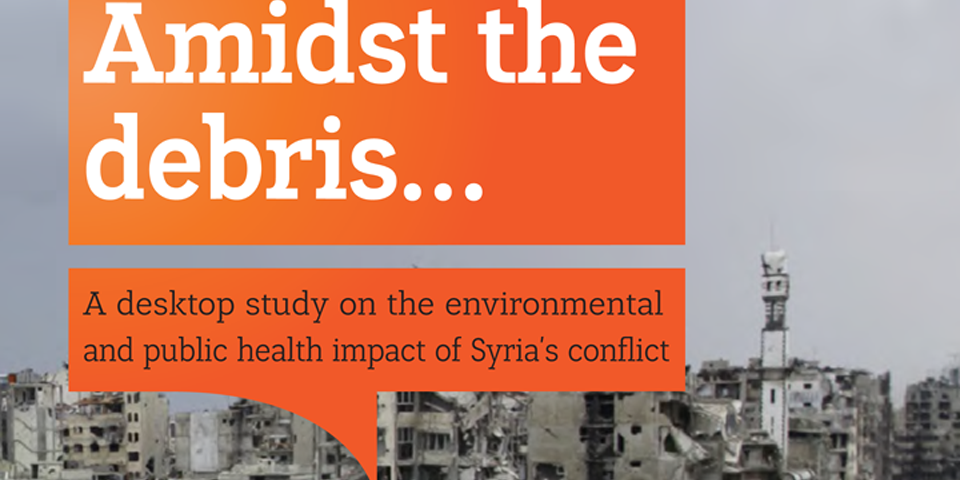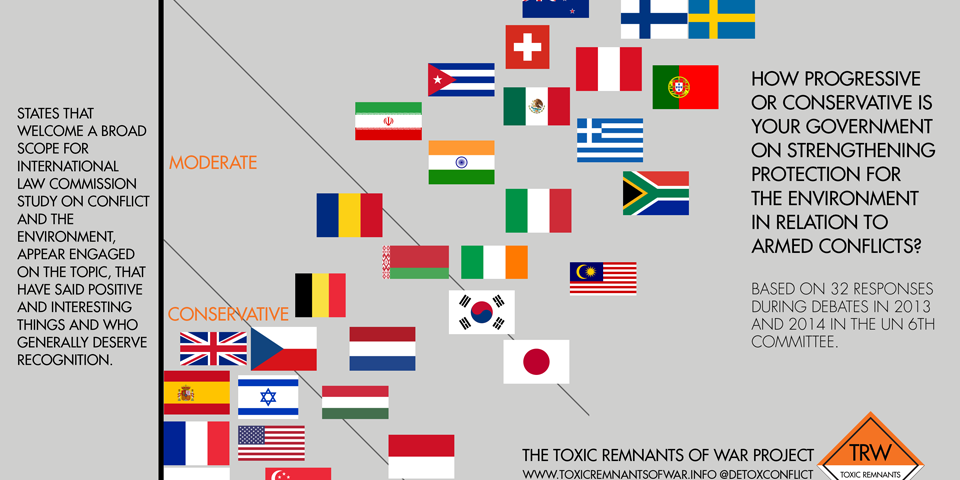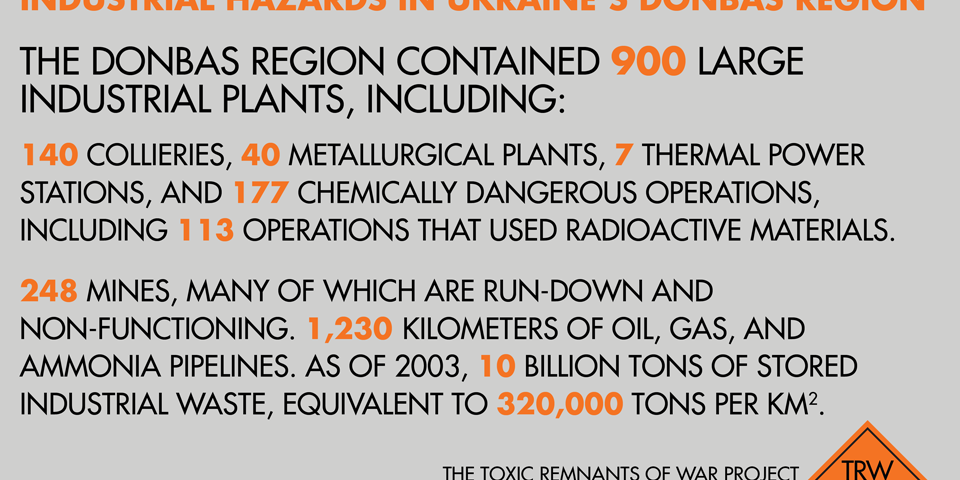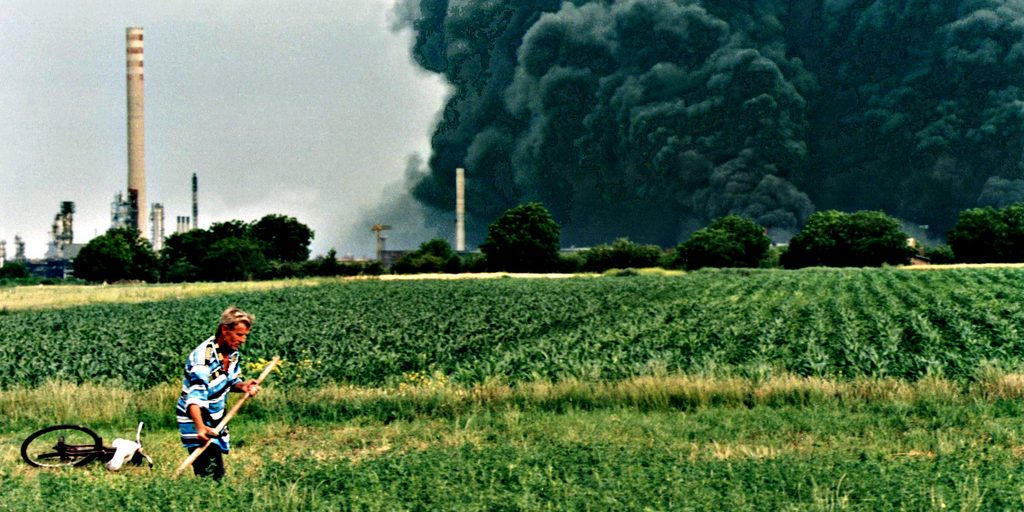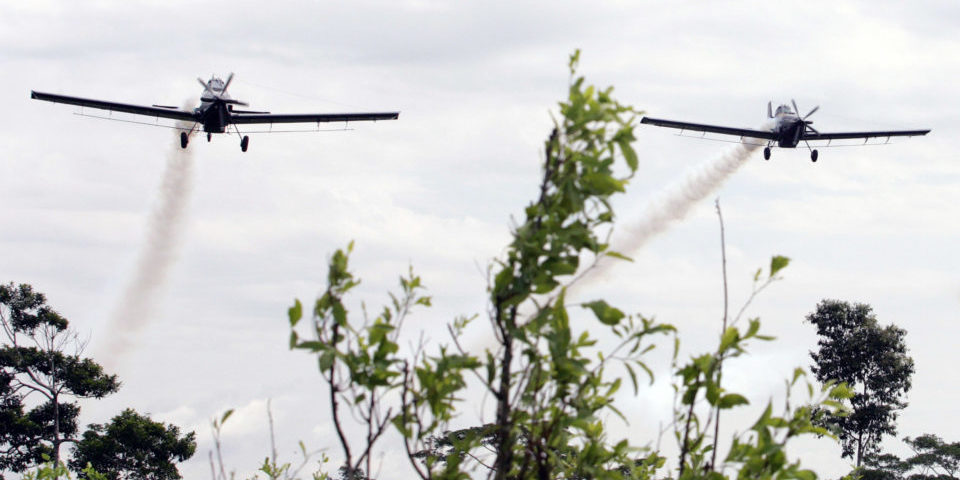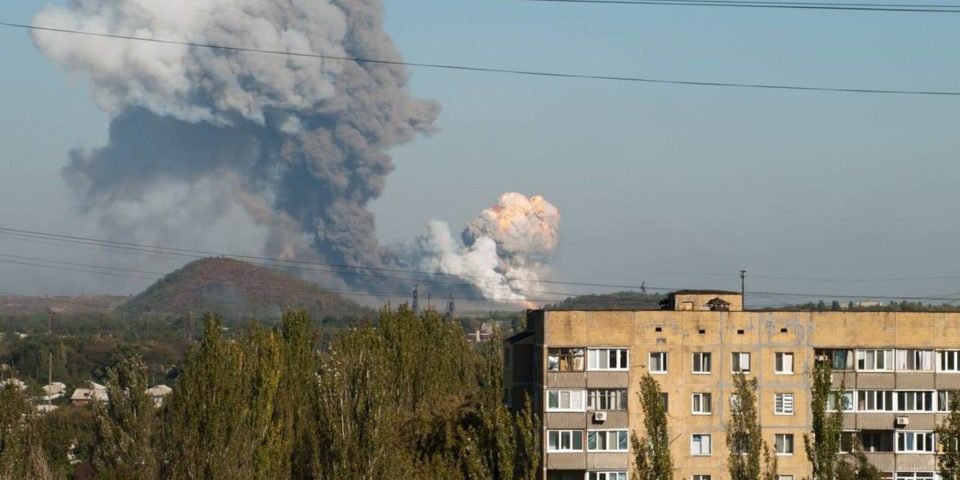New desk study on Syria identifies pollution risks to civilians
The ongoing conflict in Syria is likely to have a disastrous impact on the environment and public health, according to a new study published by PAX. Four years of fighting has left cities in rubble and caused widespread damage to industrial sites, critical infrastructure and the oil industry.

